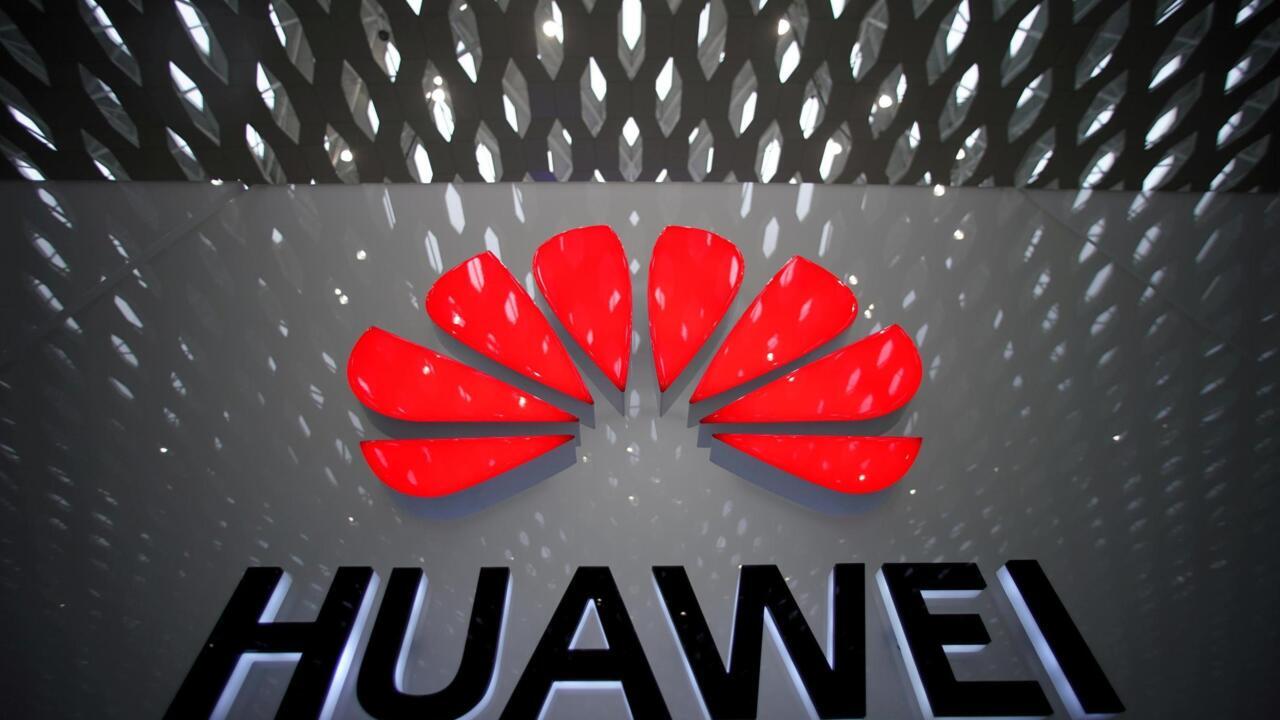The Huawei case
Audio 48:30
By: Jean-Pierre Boris Follow
Donald Trump would like to defeat the Chinese telecommunications company Huawei. Accused of threatening the national security of the countries where it is established, the company resists. The Covid-19 pandemic allowed him to score points.
Publicity
One of the main international news events between now and the end of 2020 will be the US presidential election. During his four years in the White House, Donald Trump made the trade confrontation with China one of the foundations of his economic policy. And until the last moment, he will make this file one of the arguments in favor of his re-election. In addition to this commercial confrontation, there is an industrial component whose main target is the telecommunications company Huawei. According to US authorities, Huawei is the Chinese Communist Party's Trojan Horse. This was stated, for example, in May 2019, by US Secretary of State Mike Pompeo.
But beyond fears for American security, what are the underlying economic objectives? What threat does Huawei pose to the US economy? Is this confrontation the embodiment of a de-globalization and will it remain in history as the emblem of the confrontation between two superpowers? How is the Chinese company resisting?
Here are some of the questions raised by Jean-Pierre Boris in this program, and to which two top researchers provide their answers.
With:
- Mathieu Duchâtel, director of the Asia program at Institut Montaigne . He is currently in Taiwan
- Sébastien Jean, economist, director of CEPII , the main French think tank in international economics. He is also research director at INRA, the National Institute for Agricultural Research.
Huawei has a strong presence in Africa with a total turnover of 5.8 billion US dollars in 2018 on the continent, or 4.7% of global turnover. One of the developing countries is Senegal, where the Chinese giant set up in 2005. It has just launched a partnership with the Ministry of Education and Unesco to support digital education and training actions. and digital.
Huawei in Senegal
A report by Théa Ollivier in Dakar
Huawei hopes to be able to deal with the halt in shipments of chips by the Taiwanese giant TSMC. Loïse Tamalgo, vice-president in charge of public relations at Huawei North Africa and Sub-Saharan Africa, gives his analysis of the situation.
Interview with Loïse Tamago
An interview with Théa Ollivier in Dakar
Since 2017, Huawei has grown enormously in Latin America, through the sale of telephones but also the construction of telecommunications infrastructure. In Chile, the Chinese company controls a quarter of the mobile phone market, and last year (2019) participated in a large project to connect the far south of Patagonia to the national fiber optic network. But Huawei has just suffered a setback in the South American country: its proposal for a Trans-Pacific cable between Chile and China has been rejected in favor of another route, to Australia.
In Chile, business does not go as planned
A report by Justine Fontaine in Santiago de Chile
Despite American pressure, the African African continent remains sensitive to the Chinese company's offer. Huawei is already well established there, since it has set up nearly 70% of the continent's 4G infrastructure, and intends to be the key player in 5G, as it has already demonstrated in South Africa.
South Africa, a market of choice for Huawei
A report by Claire Bargelès in Johannesburg
Newsletter Receive all the international news directly in your mailbox
I subscribeFollow all the international news by downloading the RFI application
google-play-badge_FR- China
- United States
- Telecom
On the same subject
Telecoms: the United States reinforces its sanctions against the Chinese giant Huawei
Smartphones: dethroned by Huawei, Samsung has not said its last word
Despite Trump, Huawei becomes world leader in smartphones

